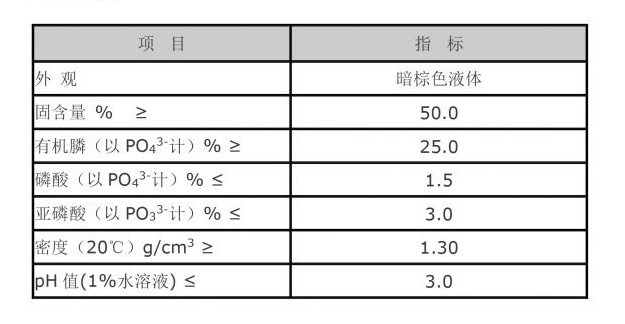Managing Scaling and Corrosion in Cooling Towers through Effective Inhibitor Solutions
Scale and Corrosion Inhibitors for Cooling Towers
Cooling towers are vital components in industrial processes and HVAC systems, playing a crucial role in heat exchange and maintaining optimal operating temperatures. However, the efficiency of cooling towers can be severely compromised by scale formation and corrosion. These issues not only affect performance but can also lead to costly repairs and increased energy consumption. Understanding the interplay of scale and corrosion in cooling systems is essential, alongside the implementation of effective mitigative strategies, including the use of scale and corrosion inhibitors.
The Problem of Scale
Scale build-up is primarily caused by the precipitation of dissolved minerals present in the water used for cooling. As water evaporates in the cooling process, the concentration of these minerals increases, leading to deposits on cooling tower surfaces and within associated piping systems. Common minerals that contribute to scaling include calcium, magnesium, and silica. The presence of scale can significantly impede heat transfer efficiency, resulting in increased energy consumption and reduced system performance.
The scale not only restricts the flow of water but also creates hotspots that may lead to overheating and system inefficiencies. The removal of scale is often a labor-intensive and costly procedure, making prevention through the use of scale inhibitors a more efficient approach.
The Issue of Corrosion
Corrosion is another significant problem faced by cooling towers, resulting from the interaction of water with metal components of the system. Factors contributing to corrosion include the presence of oxygen, acidic or basic water pH levels, and the presence of chloride ions. Corrosion can lead to the deterioration of metal structures, resulting in leaks, system failures, and increased maintenance costs.
Just like scale, corrosion reduces the efficiency of cooling systems by restricting water flow and enhancing the risk of unexpected breakdowns. It is important to address corrosion in conjunction with scale formation, as both can exacerbate each other's effects.
The Role of Inhibitors
scale and corrosion inhibitor for cooling tower

To combat scale and corrosion, many industries have turned to the use of inhibitors
. These chemical agents are designed to either prevent or reduce the formation of scale and inhibit the corrosion process on metal surfaces.Scale Inhibitors work by interfering with the crystallization process of scale-forming minerals. They can modify the structure of crystals or prevent them from adhering to surfaces, thus keeping them suspended in the water. Common scale inhibitors include polyphosphates, phosphonates, and various organic compounds. They are typically added to the cooling water system in accordance with the specific water chemistry and operating conditions of the cooling tower.
Corrosion Inhibitors, on the other hand, form a protective film on metal surfaces, which minimizes direct contact between the metal and the corrosive elements in water. Common corrosion inhibitors include amines, nitrites, and molybdates. Their effectiveness often depends on parameters such as the type of metal, water quality, and environmental conditions.
Integrated Approach
An integrated approach combining the use of both scale and corrosion inhibitors is often the best solution for maintaining cooling tower efficiency. Regular monitoring of water quality, including assessing pH levels, conductivity, and mineral content, is crucial in choosing the right inhibitors and dosage. Tailoring treatment programs based on this analysis ensures optimal protection against both scale and corrosion.
Moreover, implementing proper maintenance practices, such as regular cleaning and inspections, can further enhance the performance of cooling towers.
Conclusion
In conclusion, the challenges posed by scale and corrosion in cooling towers are significant but manageable through the appropriate use of inhibitors. By preventing scale buildup and protecting against corrosion, industries can ensure that their cooling systems operate at peak efficiency, reduce maintenance costs, and prolong the lifespan of their equipment. Regular monitoring and an integrated treatment approach will safeguard these essential systems, ultimately contributing to more sustainable industrial practices.
-
lk-319-special-scale-and-corrosion-inhibitor-for-steel-plants-advanced-solutions-for-industrial-water-systemsNewsAug.22,2025
-
flocculant-water-treatment-essential-chemical-solutions-for-purification-processesNewsAug.22,2025
-
isothiazolinones-versatile-microbial-control-agents-for-industrial-and-consumer-applicationsNewsAug.22,2025
-
scale-inhibitor-key-solutions-for-water-system-scale-preventionNewsAug.22,2025
-
organophosphonates-versatile-scale-inhibitors-for-industrial-water-systemsNewsAug.22,2025
-
scale-and-corrosion-inhibitor-essential-chemical-solutions-for-water-system-maintenanceNewsAug.22,2025





